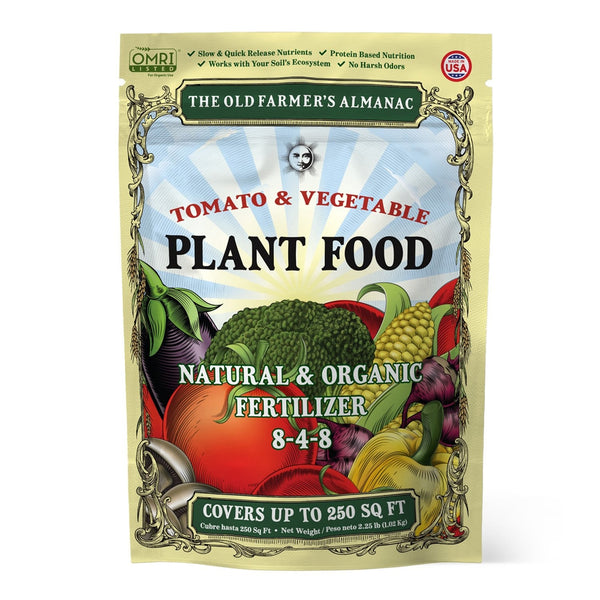
Ah, the noble art of gardening -- where dreams of lush landscapes meet the harsh realities of thumbs that are anything but green!
At SimplyGro, we want to offer fabulous products that inspire people to get out in the garden and start to grow. In this article we’ve put together a quick list of important tips for starting a garden. So have at it, grab your watering can, put on your gardening gloves (or just let your hands get dirty), and let’s grow!
1. Start with Easy-to-Grow Plants: As a beginner, it's best to begin your gardening journey with plants that are known for being resilient and low-maintenance. Look for varieties like marigolds, zinnias, cherry tomatoes, or herbs like basil and mint. These plants tend to be forgiving and can withstand a few mistakes while still thriving. Starting with easy-to-grow plants will boost your confidence and provide a solid foundation for your gardening skills. Check out the convenient garden starter kits below:
2. Pay Attention to Sunlight and Watering Needs: Understanding the sunlight and watering requirements of your plants is crucial. Before planting, observe the sunlight patterns in your garden. Some plants thrive in direct sunlight, while others prefer partial shade. Additionally, avoid overwatering your plants, as it can lead to root rot and other problems. Learn about the watering needs of each plant, and always check the soil moisture level before watering. Remember, it is generally better to underwater slightly than to drown your plants with excessive watering.
 3. Maintain Proper Soil Health: Good soil is the foundation of a successful garden. Ensure that your soil is well-draining, rich in nutrients, and has good aeration. Consider adding a plant-based fertilizer like The Old Farmer’s Almanac Tomato & Vegetable Plant Food to help yield strong crops. Also, test your soil's pH level using a simple kit from a gardening store, as it can affect the plants' ability to absorb nutrients. By taking care of your soil, you provide a healthy environment for your plants to grow and thrive.
3. Maintain Proper Soil Health: Good soil is the foundation of a successful garden. Ensure that your soil is well-draining, rich in nutrients, and has good aeration. Consider adding a plant-based fertilizer like The Old Farmer’s Almanac Tomato & Vegetable Plant Food to help yield strong crops. Also, test your soil's pH level using a simple kit from a gardening store, as it can affect the plants' ability to absorb nutrients. By taking care of your soil, you provide a healthy environment for your plants to grow and thrive.
4. Most importantly, remember gardening is a learning process, and don't be afraid to make mistakes. Each misstep is an opportunity to learn and improve. Enjoy the journey, stay curious, and embrace the rewarding experience of nurturing your own little green corner of the world. Happy gardening!








